When it comes to skincare, those with sensitive skin know all too well how important it is to choose the right products. The wrong ingredients can turn a simple skincare routine into a nightmare of redness, itching, and irritation. To help you avoid these unwanted reactions, I’ve put together a list of common skincare ingredients that can be particularly irritating for sensitive skin and explained why it’s best to steer clear of them.
Contents
- 1 Petroleum
- 2 Fragrance
- 3 Alcohol (or Ethanol)
- 4 Parabens
- 5 Benzoyl Peroxide
- 6 Sulfates
- 7 Formaldehyde
- 8 Essential Oils
- 9 Chemical Sunscreen
- 10 PEGs (Polyethylene Glycols)
- 11 Too Much Salicylic Acid
- 12 More From RetailShout
- 13 10 Foods That Cost Less to Eat Out Than to Make at Home
- 14 10 Delicious Low-Carb Recipes to Refresh Your Diet
Petroleum

Petroleum, commonly found in skincare products as petrolatum or mineral oil, can create a barrier on the skin that traps heat and sweat. For sensitive skin, this can lead to blocked pores and irritation. The heavy, greasy texture of petroleum-based products can exacerbate conditions like acne and rosacea. Opt for non-comedogenic alternatives to avoid these negative effects.
Fragrance

Fragrances, whether natural or synthetic, are a leading cause of skin irritation and allergic reactions. Sensitive skin can react adversely to the myriad chemicals used to create pleasant scents. These reactions often manifest as redness, itching, and even rashes. Choosing fragrance-free products can help maintain skin health and comfort.
Alcohol (or Ethanol)
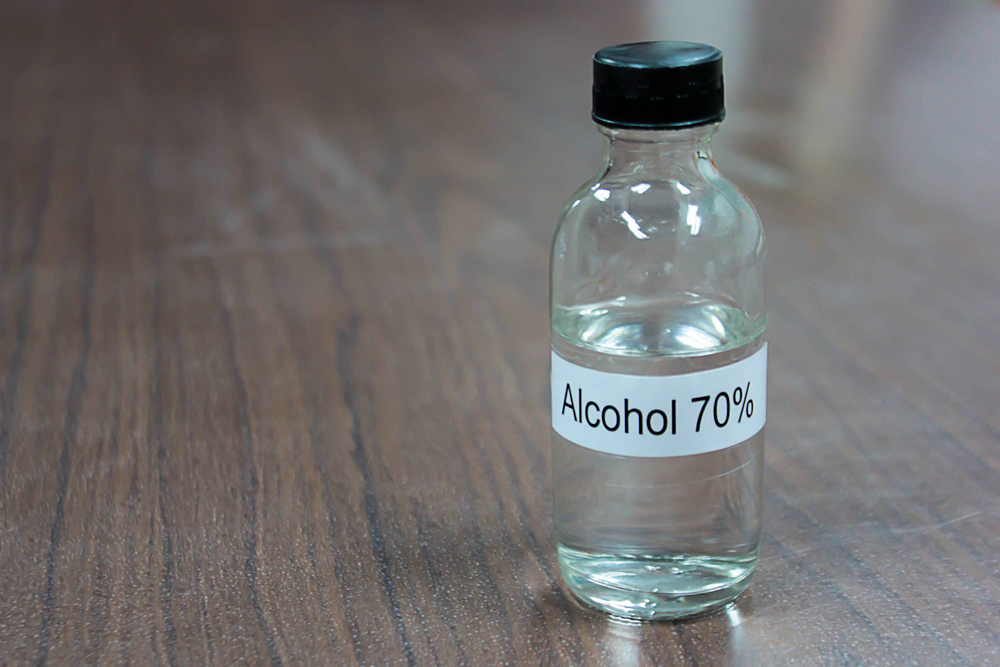
Alcohol is often included in skincare formulations for its quick-drying properties. However, for sensitive skin, it can strip away the natural oils, leading to dryness and irritation. Continuous use of alcohol-based products can damage the skin’s protective barrier, making it more susceptible to environmental aggressors. It’s best to look for alcohol-free options to maintain skin hydration and health.
Parabens

Parabens are preservatives used to prolong the shelf life of skincare products. These chemicals can penetrate the skin and mimic estrogen, potentially disrupting the endocrine system. For sensitive skin, parabens can cause allergic reactions, leading to redness and itching. Opt for paraben-free products to minimize these risks.
Benzoyl Peroxide

Benzoyl peroxide is a common ingredient in acne treatments due to its antibacterial properties. However, it can be too harsh for sensitive skin, causing dryness, peeling, and irritation. Overuse can also disrupt the skin’s natural balance, exacerbating sensitivity. Consider gentler alternatives like salicylic acid or tea tree oil for acne management.
Sulfates
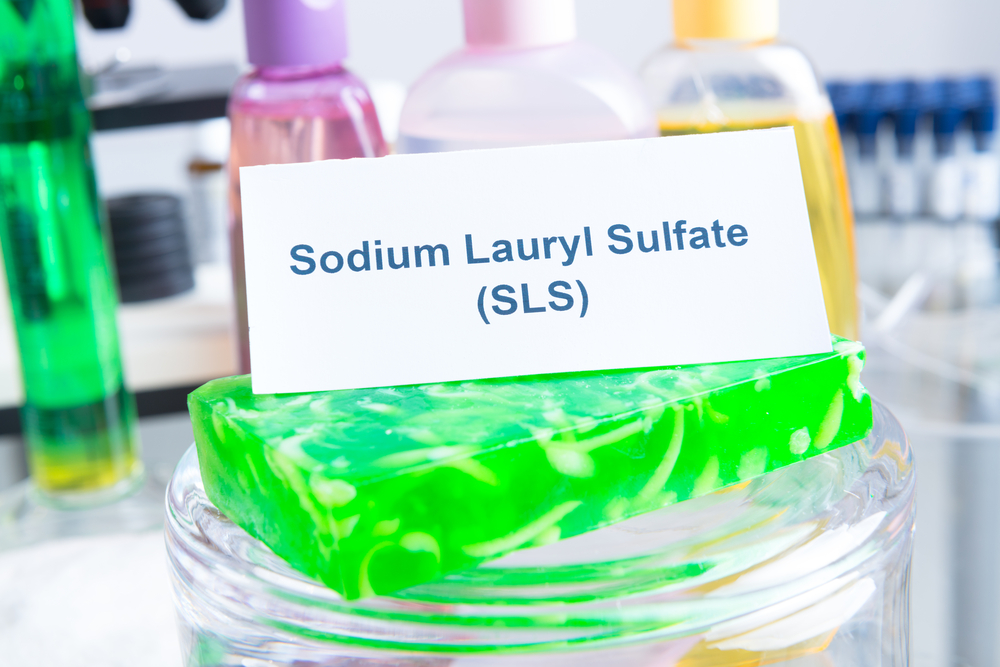
Sulfates, such as sodium lauryl sulfate (SLS), are detergents that create lather in cleansers and shampoos. They can strip the skin of its natural oils, leading to dryness and irritation, particularly for sensitive skin. This can result in an increased risk of eczema and other inflammatory skin conditions. Use sulfate-free cleansers to maintain the skin’s natural moisture balance.
Formaldehyde
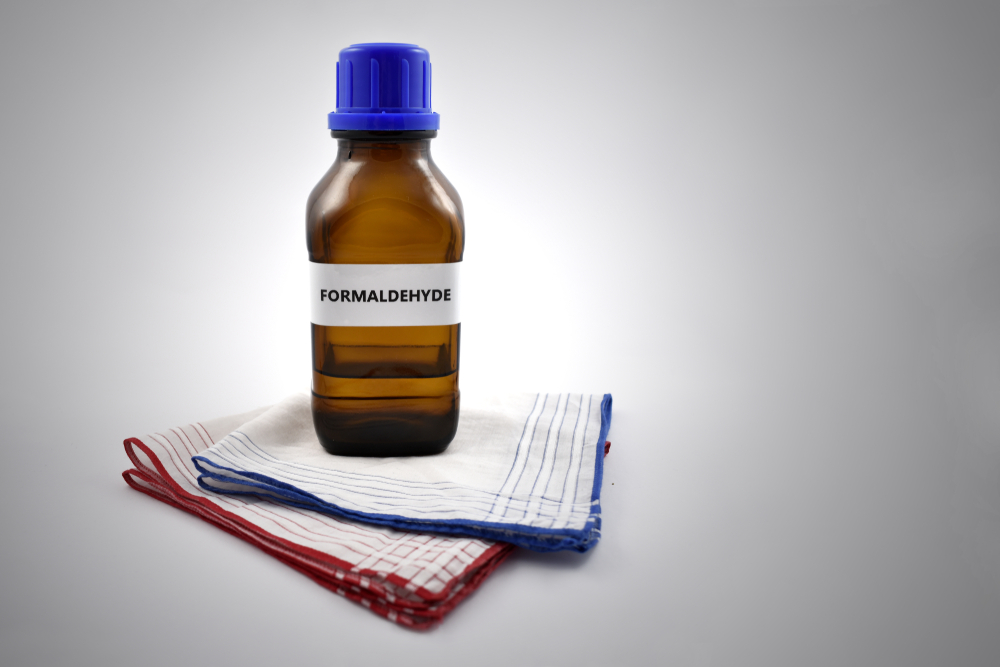
Formaldehyde and its releasers are preservatives that can cause severe skin reactions. For sensitive skin, exposure to formaldehyde can lead to dermatitis, characterized by redness, itching, and swelling. Prolonged use can sensitize the skin, increasing the likelihood of allergic reactions. Seek out formaldehyde-free products to ensure skin safety.
Essential Oils

Essential oils, despite their natural origins, can be potent irritants for sensitive skin. Oils like lavender, peppermint, and citrus can cause allergic reactions, leading to redness, burning, and itching. Their high concentration of active compounds can disrupt the skin’s natural barrier. Use products with essential oils cautiously, and always patch-test first.
Chemical Sunscreen
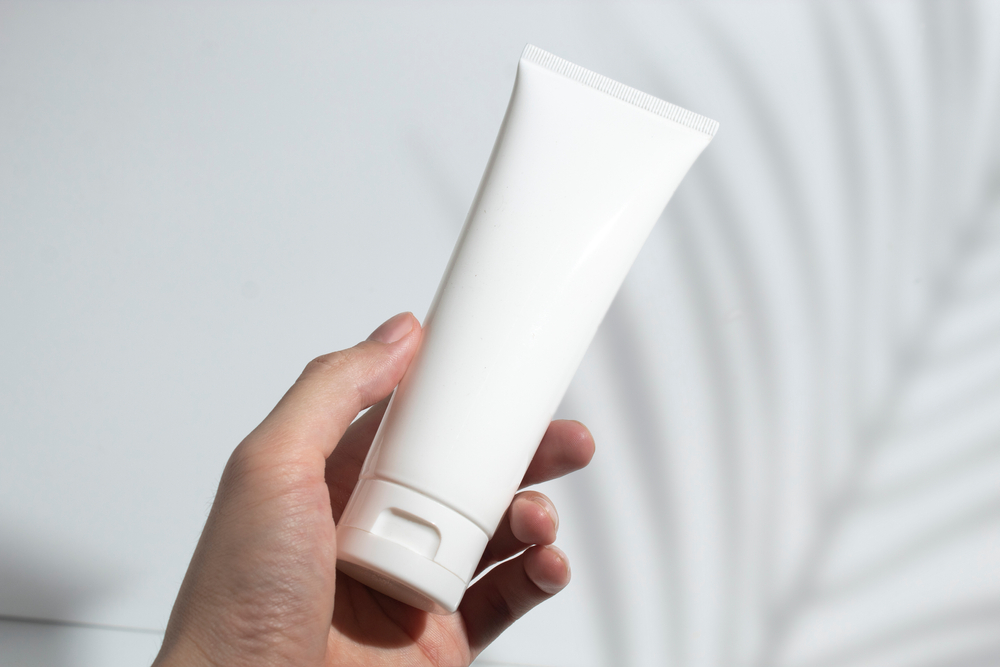
Chemical sunscreens absorb UV radiation but can cause irritation in sensitive skin. Ingredients like oxybenzone and avobenzone can lead to allergic reactions, including redness and itching. They can also disrupt the skin’s natural barrier, increasing sensitivity. Opt for physical sunscreens with zinc oxide or titanium dioxide for a gentler alternative.
PEGs (Polyethylene Glycols)

PEGs are used as thickeners, solvents, and moisture carriers in skincare products. They can be contaminated with harmful impurities like ethylene oxide and 1,4-dioxane, which can irritate sensitive skin. Repeated exposure can lead to dryness and compromised skin barrier function. Choose PEG-free products to reduce the risk of irritation.
Too Much Salicylic Acid
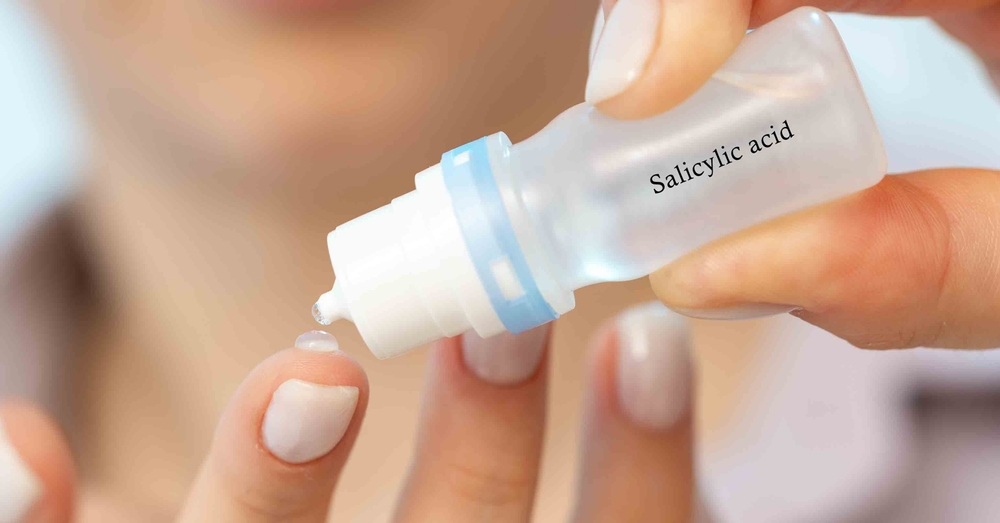
Salicylic acid is effective for acne treatment but can be too harsh when overused, especially on sensitive skin. Excessive use can cause dryness, peeling, and irritation. It can also disrupt the skin’s natural pH balance, leading to increased sensitivity. Use salicylic acid sparingly and follow with a good moisturizer.
This article originally appeared on RetailShout
More From RetailShout
10 Essential Condiments Every Kitchen Needs

Condiments are a staple of many kitchens, adding flavor and variety to meals. From tangy mustard to savory salsa, there are countless condiments to choose from. But with so many options available, it can be hard to know which ones to keep in your pantry. Read More.
10 Foods That Cost Less to Eat Out Than to Make at Home

Eating out often gets a bad rap for being expensive, but that’s not always the case. Sometimes, grabbing a meal at your favorite spot can be lighter on the wallet than whipping it up in your kitchen. Whether it’s the cost of ingredients or the time and effort involved, there are plenty of foods where dining out just makes more sense. Read More.
10 Delicious Low-Carb Recipes to Refresh Your Diet

Low-carb diets have gained popularity in recent years as a way to manage weight and improve overall health. By reducing your intake of carbohydrates, you can help regulate blood sugar levels, reduce inflammation, and promote weight loss. Read More.






